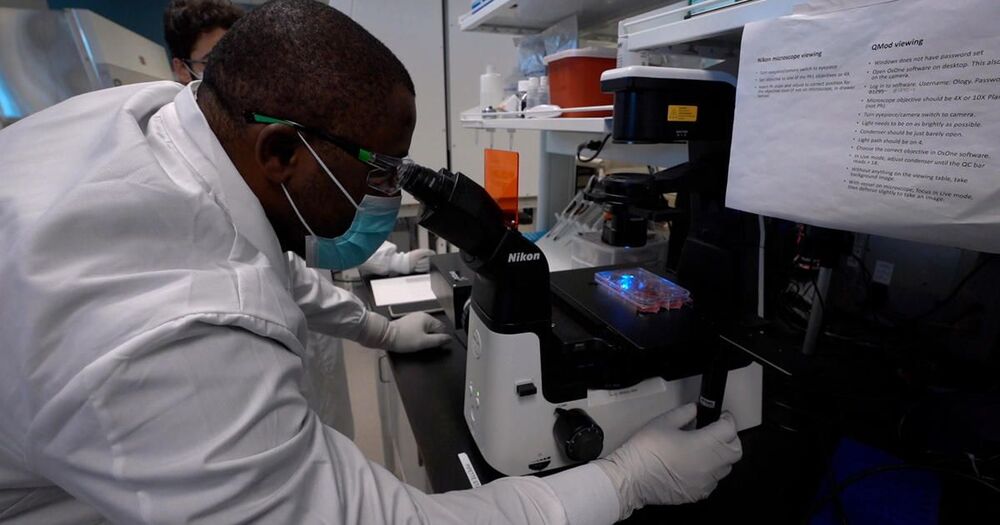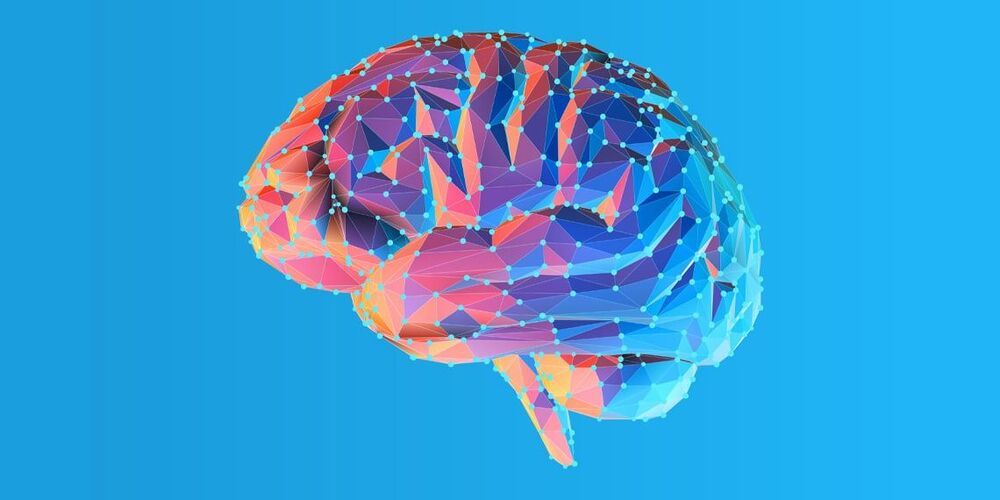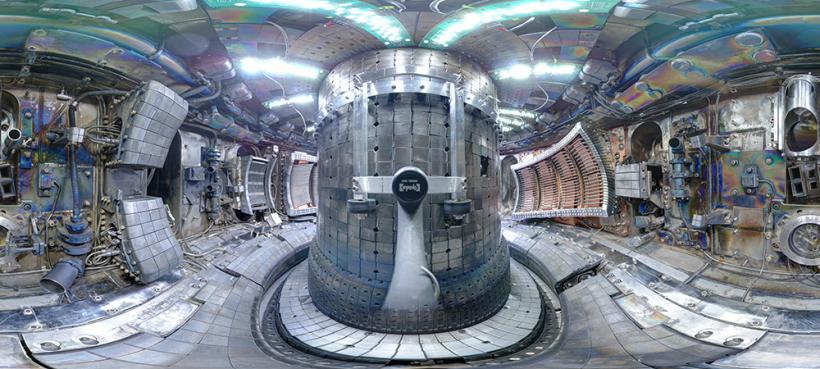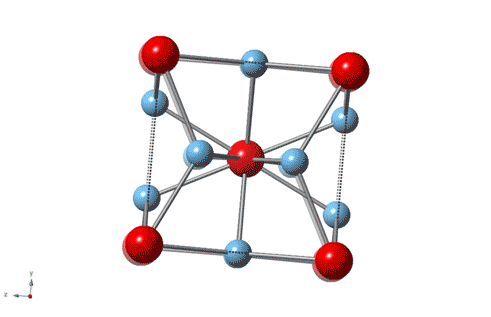Microsoft Mesh enables presence and shared experiences from anywhere – on any device – through mixed reality applications.
Mesh allows for connections with new depth and dimension. As digital intelligence comes to the real world, we’re now able to see, share, and collaborate on content that persists. This common understanding ignites ideas, sparks creativity, and forms powerful bonds.
Read the article: https://aka.ms/MicrosoftMesh.
Enjoy this video with Audio Description: https://youtu.be/uGpCB2YKmZs.
Follow us on social:
LinkedIn: https://www.linkedin.com/company/microsoft/
Twitter: https://twitter.com/Microsoft.
Facebook: https://www.facebook.com/Microsoft/
Instagram: https://www.instagram.com/microsoft/
For more about Microsoft, our technology, and our mission, visit https://aka.ms/microsoftstories






